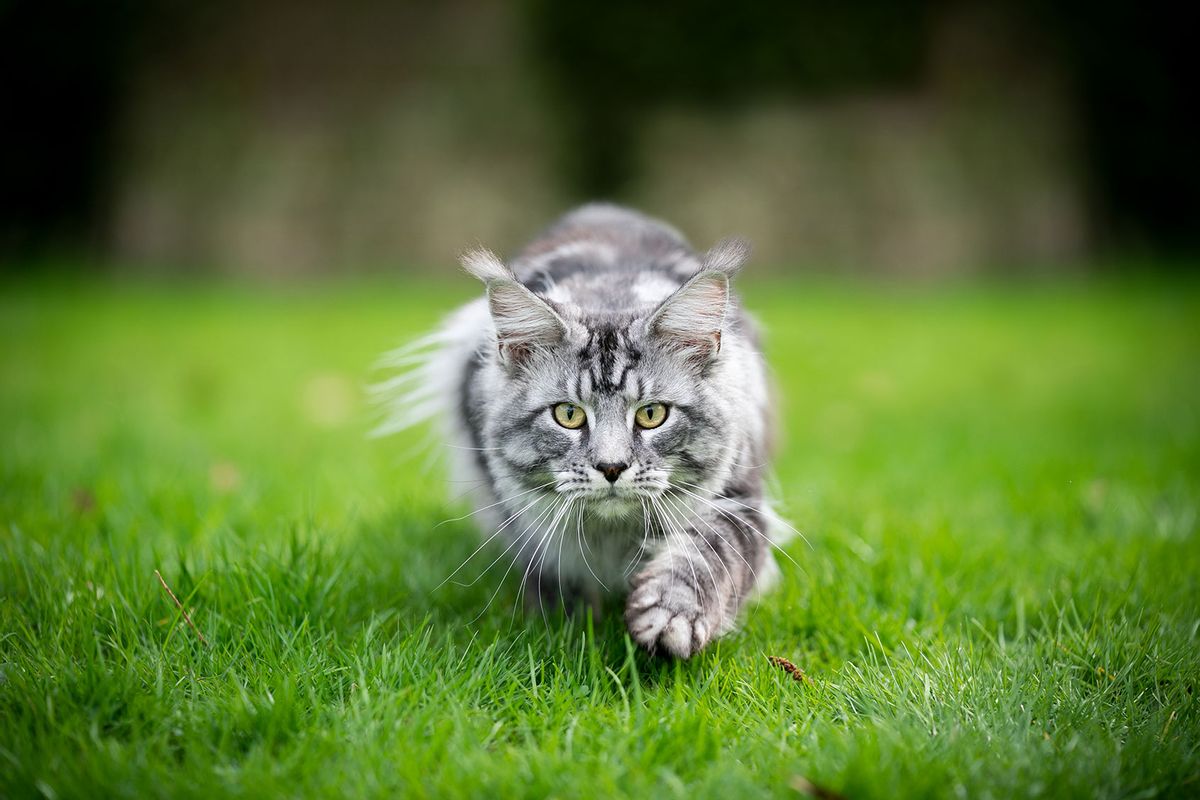Free-ranging cats are "invasive carnivores" and among "the most problematic invasive species in the world," according to a recent study published in the journal Nature Communications. Defining "free-ranging cats" as "owned or unowned cats with access to the outdoor environment," researchers from the United States, Australia, New Zealand and France reviewed 533 studies on free-range cat diets to learn more about their impact on local ecosystems. In the process, they discovered there are at least 2,084 species eaten by cats — of which 347 are of conservation concern. "Birds comprised 47.07% (981 species), followed by reptiles (463 species, 22.22%), mammals (431 species, 20.68%), insects (119 species, 5.71%), and amphibians (57 species, 2.74%)," the authors explain.
The scientists also noted the shocking range of cat diets, characterizing them as "extreme generalist predators" who will feed off of animals as large as American bullfrogs, emus, green sea turtles and domestic cows. "Approximately 9% of known birds, 6% of known mammals, and 4% of known reptile species are identified in cat diets," the researchers add. While their omnivorous dietary skills are impressive, they also have a dire impact on native species. The scientists point out that the confirmed 2,084 species known to be eaten by cats is almost certainly quite low compared to the total number, given how many regions in the world (including Africa) have scant research on domestic cat diets. Yet their final conclusion is inescapable.
"Cats depredate and scavenge a large fraction of the species present across the range available in the landscapes they forage in," the authors write. Experts urge cat owners to keep their animals indoors. In the United States alone, outdoor cats kill 2.4 billion birds every year and have contributed to the extinction of at least 63 species of birds, mammals, and reptiles.



Shares